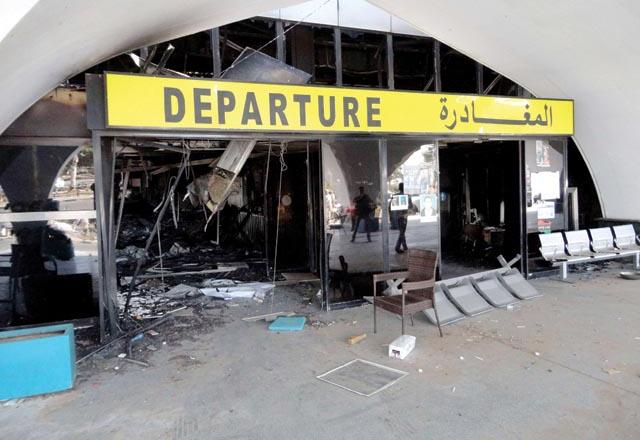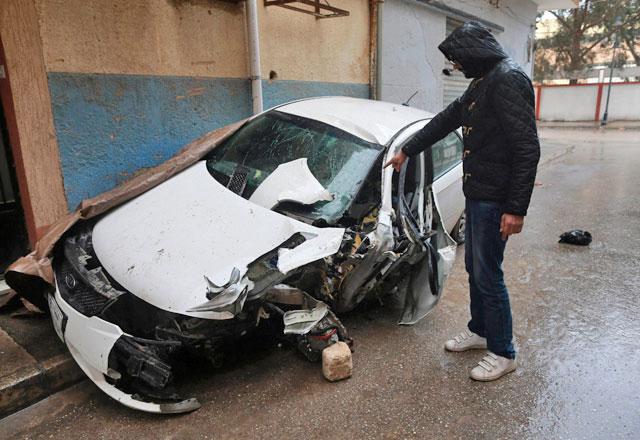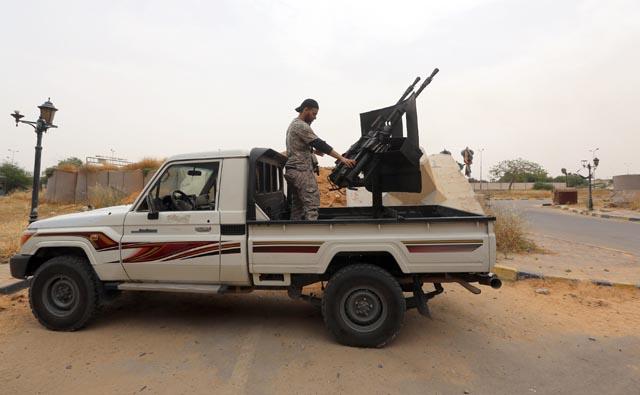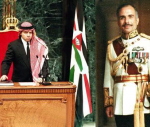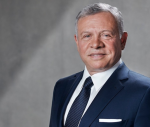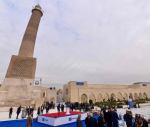You are here
Rival Libya factions resume peace talks in Geneva
By AFP - Aug 11,2015 - Last updated at Aug 11,2015
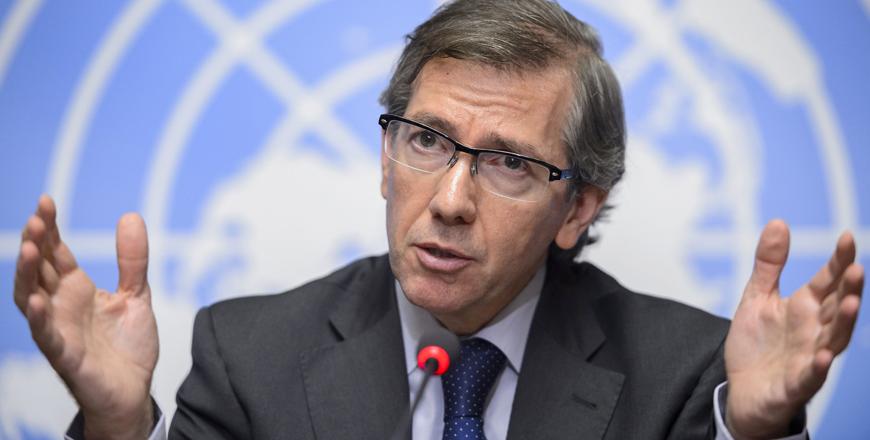
United Nations special envoy to Libya Bernardino Leon gestures during a press conference at the opening of Libyan peace talks on Tuesday at the United Nations Office in Geneva (AFP photo)
GENEVA — Rival Libyan factions on Tuesday restarted peace talks aimed at creating a unity government, with representatives of the powerful Tripoli parliament expected to join the negotiations after boycotting them last month.
Libya, which plunged into chaos after the fall of Muammar Qadhafi in 2011, currently has two rival parliaments vying for power as well several militia groups battling for control of the country's vast resource wealth.
United Nations special envoy Bernardino Leon, who is brokering the talks in Geneva, has urged the key camps to reach a political deal in hopes that a unity government could enforce a durable ceasefire.
A partial deal was reached last month, but leaders of the Islamist-backed General National Congress (GNC) parliament that sits in Tripoli boycotted the pact, calling it "unsatisfactory".
"The GNC delegation should be arriving here soon to join the rest of the group," said Mohammed Ali Abdallah Addarrat, who sits in the Tripoli parliament and is the head of the National Front Party.
The UN had earlier said that a GNC delegation was expected.
Addarrat said that Leon had over the past 24 hours given the GNC "some guarantees" that the issues they raised last month could be resolved.
Controversial general
The international community currently recognises the parliament that sits in the eastern port city of Tobruk, which installed the controversial General Khalifa Haftar as its army chief in March.
The GNC — which took power after an Islamist militia alliance captured Tripoli last year — will not sign any deal that safeguards a senior military post for Haftar, according to Addarrat.
"There will not be an agreement if General Haftar is still expected to lead an army in Libya," he told journalists.
"Those who were involved in escalating the political and military crisis in Libya cannot be the ones who lead the solution. This is a given."
The 72-year-old Haftar served as a general under Qadhafi before relocating to the United States, where he worked at times with the CIA, according to reports in US media.
He returned to Libya last year and took charge of the army, vowing to crush the Islamist militias while urging the West to support his forces.
Addarrat said that after four decades of Qadhafi, Libyans had no interest in another military strongman.
"I think Libyans after 42 years of a totalitarian, military dictatorship ... I think we've learned our lesson," he told reporters.
Experts say that fighting on the ground could continue even if the GNC and Tobruk parliament ultimately form a unity government.
"There may be a disconnect between the negotiators and those fighting," said Frederic Wehrey, a North Africa specialist at the Carnegie Endowment for International Peace.
He called for separate dialogue that specifically engages militia leaders, who may not be persuaded to follow a deal signed by politicians in Geneva.
Fadil Aliriza, a Libya specialist at the London-based Legatum Institute, agreed that a unity government will likely struggle to stem the violence.
The West "may see the negotiations process as a path to 'stability' rather than peace necessarily", he told AFP in an e-mail, adding: "The international community's focus on getting a unity government doesn't fix the sources of conflict."
Addarrat conceded that militias linked to Al Qaeda or the Daesh terror group will almost certainly dismiss a unity government pact, but said that Libya's best hope to combat extremism is through a single, recognised central authority.
"There are always extremists and others who don't want a political solution," he said.
"The solution is a national unity government that can confront them."
Related Articles
The Libyan parliament that was replaced in an election in June reconvened on Monday and chose an Islamist-backed deputy as prime minister, leaving the chaotic country with two rival leaders and assemblies each backed by armed factions.
Libya's warring factions who operate rival governments have agreed "in principle" to move future negotiations on ending the crisis from Geneva back to the war-ravaged country, the United Nations said on Thursday.
The top commander of the Libyan army’s special forces said on Monday his troops had joined forces with renegade general Khalifa Haftar, who has said he wants to purge the North African country of militant Islamists, Reuters reported.


